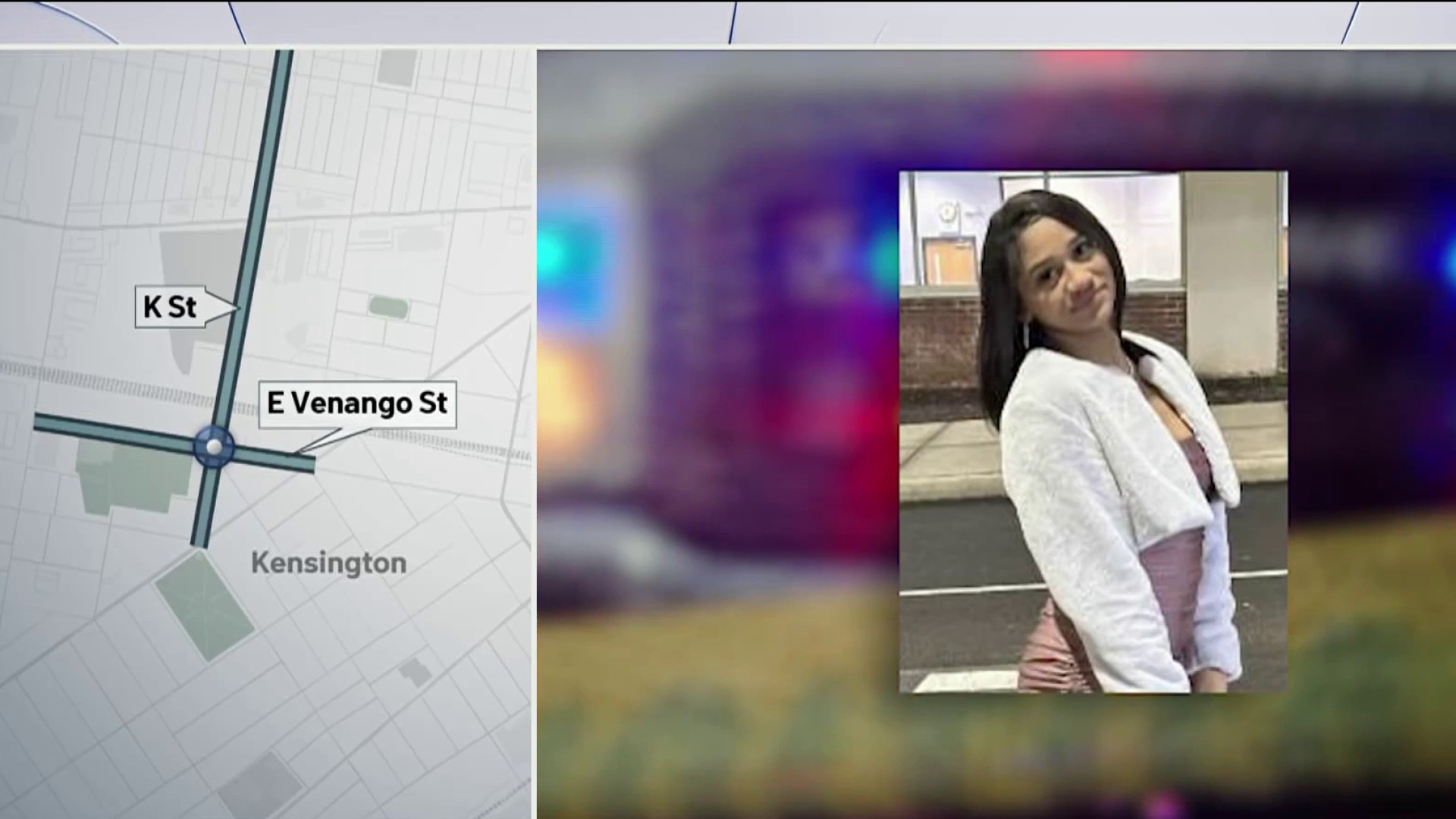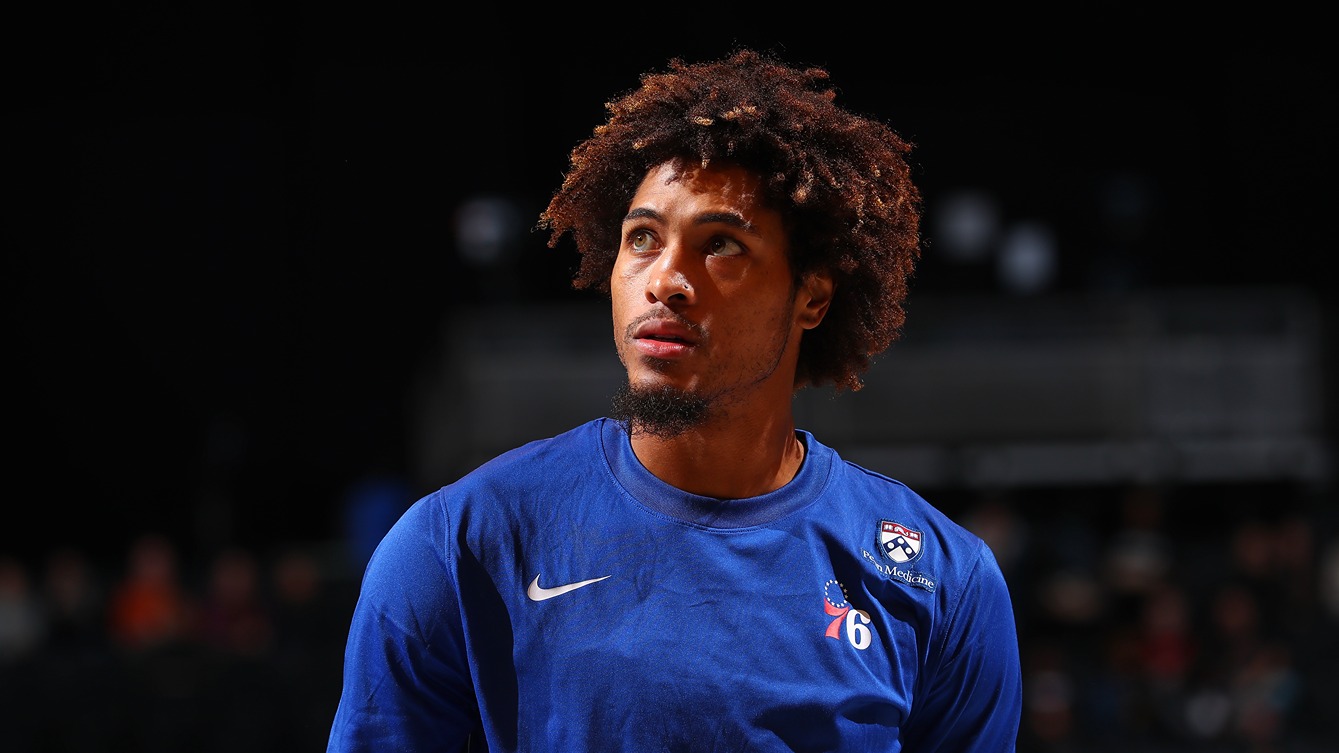Michelle Teel sees a pain specialist to help her manage the devastation that five years of breast cancer treatment has wreaked on her body. The 35-year-old Deptford woman suffers from bone pain and a stubborn six-inch leaking wound on her chest that won't heal.
Oxycodone does little to ease her discomfort.
"I'm in pain every day," the former reporter said.
"If I come up with the money, I want to try the (medicinal) marijuana," Teel said. "I want to be on something that works."
Though five alternative treatment centers are now open across the state, including two in South Jersey, patients still face hurdles accessing legal cannabis. Widely praised by doctors for its strict regulations, the state's marijuana program faces bitter criticism from patients and their advocates.
"The program is so artificially restrictive, the vast majority of people who can benefit from medical marijuana therapy can't access it in New Jersey," said Ken Wolski, who leads the Coalition for Medical Marijuana New Jersey.
Since New Jersey launched its patient registry three years ago, about 5,600 people have enrolled in the medicinal marijuana program. In the three weeks since Compassionate Sciences, Inc., opened its dispensary in Bellmawr, it has served more than 460 patients, most commonly for intractable skeletal muscular spasticity, inflammatory bowel disease and multiple sclerosis.
Local
Breaking news and the stories that matter to your neighborhood.
Doctors have been slower to sign on.
Currently, 354 physicians in New Jersey can write prescriptions for marijuana, 29 more than last year. Another 79 doctors are registered, but inactive. New Jersey is the only state that requires doctors to register in the program before they can write prescriptions for cannabis, Wolski said.
The state limits marijuana prescriptions to patients with certain qualifying conditions, including glaucoma; inflammatory bowel disease; intractable skeletal spasticity; lateral sclerosis; muscular dystrophy; multiple sclerosis; seizure disorder; severe or chronic pain due to cancer and HIV/AIDS; terminal cancer; and terminal illness.
Psychiatric conditions, such as post-traumatic stress syndrome, depression and anxiety, are not included. More debilitating conditions could be added to the state's list, if they are approved by a review panel.
Though the state Department of Health must convene the review panel at least once a year, it hasn't done so yet, according to Donna Leusner, a department spokeswoman.
"The Department is in the process of contacting individuals that were recommended to gather more information on their background and expertise," Leusner said in an email.
Even if a review panel agrees more conditions should be approved, its decision can be overruled by the state health commissioner, Wolski said.
"It seems like an exercise in futility," Wolksi said. "We're not really hopeful there's going to be meaningful expansion" of the medical marijuana program.
Parents of children with epilepsy have urged the state for years to permit the sale of edible marijuana products. For now, they brew marijuana-infused oil in their home kitchens, unable to test their homemade concoctions for potency.
The state hasn't yet permitted dispensaries to manufacture other forms of the herb, such as topical ointments, lozenges or oils. Compassionate Sciences, Inc., in Bellmawr submitted an application earlier this year to produce two topical treatments and a lozenge. Leusner said it was still under review.
The program also requires a doctor's approval before patients can get a marijuana card.
Physicians can only prescribe marijuana to patients they've seen at least four times. Typically, doctors only accept direct payment for such visits, Wolski explained.
Once approved by a doctor, patients are charged $200 to register in the state's medicinal marijuana program for two years. Nearly half of those registered in the program last year qualified for a reduced $20 charge to register.
Patients must pay out of pocket for marijuana, which costs $480 an ounce at the Bellmawr dispensary. The marijuana is taxed at 7 percent.
New Jersey's legal marijuana is "the most expensive" in the country," Wolski said.
"Anybody whose been impoverished by their illness or marginally employed, they can't afford this program," Wolski said. "It's a shell of what it could have been."
Even so, patient demand is high, said Dr. Andrew Medvedovsky, a neurologist and pain specialist with RA Pain Services in Washington Township.
"Over the 2½ years I've been in practice, many, many patients have asked me about medical marijuana," said Medvedovsky, who referred patients elsewhere before he joined the state's program in July.
Since then, he has prescribed cannabis to about 50 patients, including children with severe epilepsy. He sees patients with complex conditions that can be difficult to treat with conventional pharmaceutical drugs.
Some of his patients take four pills at night to ease painful spasms, "and they still can't fall asleep." He's also concerned about the side effects and addictive nature of powerful opioids and benzodiazepines.
"They don't provide relief," Medvedovsky said. "They don't really help a large population of patients."
Marijuana offers another option for patients who have hit the limits of conventional medicine, he explained. Still, some of his patients don't qualify for the program, because they don't have one of the approved conditions.
"Many patients told me if they could smoke marijuana legally," Medvedovsky said, "they would be so happy to get off their other medications."
But it's not easy, even for those who clearly qualify. The program permits terminally ill people to receive medicinal marijuana, for example. Just over 300 of them were enrolled in the program last year, according to state records.
Wolski pins the blame on the state's restrictions and its lack of outreach about marijuana's therapeutic benefits. Besides controlling pain, the herb improves appetite, helps with bladder control, and raises the spirits of those facing a terminal prognosis, he said.
"It really helps people who are elderly and dying in so many ways," Wolski said. "It's a sin, really, to keep it from these people."



